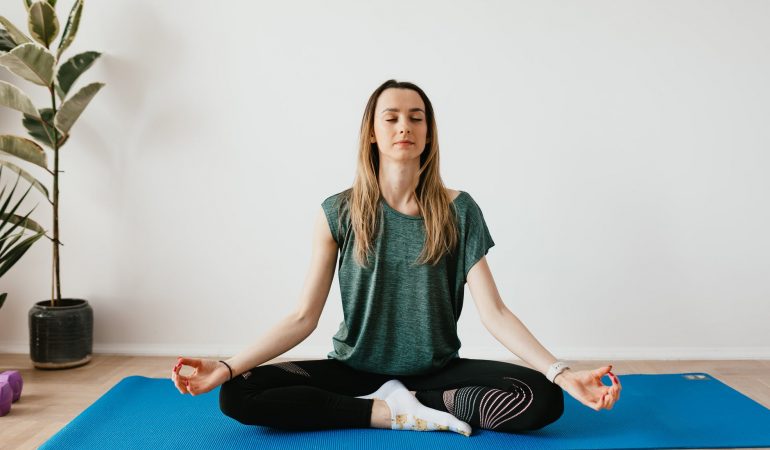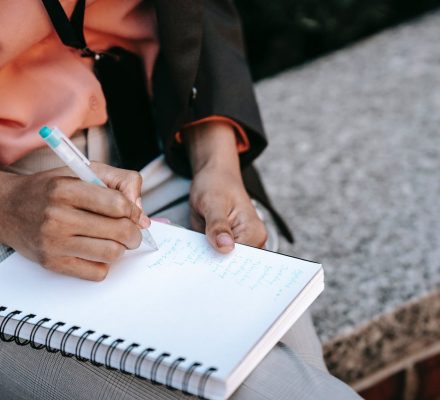Is it as simple as that?
Breathing is often associated with our inner state of mind. We find ourselves breathing fast if we feel excited or angry, tiny quick breaths in case of anxiety, or shallow breathing if we are in some kind of distress. We all have heard a piece of well-meaning advice to “Take a deep breath, which often directs us to take a moment to reflect, to bring ourselves in the present, away from the worries of the future or the regrets of the past..
Bearing in mind that we all are breathing from the moment of our birth, we consider ourselves natural in the technique, and not much thought goes into it. With the arrival of COVID 19, which affects the respiratory system and the patients often find a lack of breath, there has been a new interest in exploring this subject more.
The science of breathing
According to this article by The Harvard Health Publishing, maybe it is time for us to focus more on our breathing.
“Why does breathing deeply seem unnatural to many of us? One reason may be that our culture often rewards us for stifling strong emotions. Girls and women are expected to rein in anger. Boys and men are exhorted not to cry. What happens when you hold back tears, stifle anger during a charged confrontation, tiptoe through a fearful situation, or try to keep pain at bay? Unconsciously, you hold your breath or breathe irregularly.
Though many cultures and meditation techniques teach us the proper breathing method, we have somehow forgotten the art of breathing. Self-care has never been more critical than during this unprecedented pandemic. We need to explore more on how to breathe correctly, which can help us feel calm and reduce anxiety.
I liked this website for its distraction free breathing visual.
Powerful benefits of conscious breathing
- Better sleep
- Enhances focus & creativity
- Helps in managing stress, anxiety, panic attacks
- Improves self-esteem
- Energize
- Increase resilience
- Anger management
- Detoxify the system
- Calms your brain
- Regulates your blood pressure
- Counting breaths taps into the brain’s emotional control regions
- Controlled breathing may boost the immune system and improve energy metabolism
Ability to breathe so profoundly is not restricted to a select few. This skill is innate but often lies dormant. Reawakening it allows you to connect with your inner self as it relaxes not only your body but also your mind.
Important
Check with your physician before starting any breathing exercises, especially if you are on medication or have any medical conditions that affect your breathing.
Tips, techniques & resources for better breathing
Please visit following links to read more






